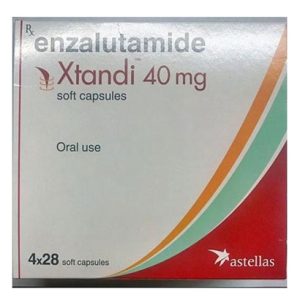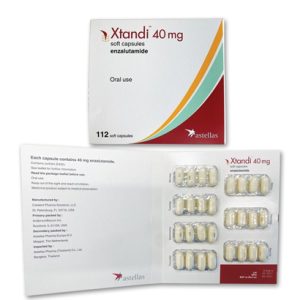Ibrutinib Capsules: A New Era in Targeted Cancer Therapy
The landscape of cancer treatment has been undergoing a remarkable transformation, thanks to the advent of targeted therapies like Ibrutinib. As a revolutionary medication, Ibrutinib has been showing promising results, particularly in treating certain types of blood cancers. This blog aims to shed light on Ibrutinib capsules, discussing their mechanism, applications, benefits, potential side effects, and critical considerations for patients and healthcare providers.
Understanding Ibrutinib:
Ibrutinib is an oral medication that belongs to a class of drugs known as Bruton’s tyrosine kinase (BTK) inhibitors. It is primarily used in the treatment of certain blood cancers, including Chronic Lymphocytic Leukemia (CLL), Mantle Cell Lymphoma (MCL), and Waldenström’s macroglobulinemia, among others. The drug’s targeted action has made it a significant player in the field of oncology, especially for patients who have not responded well to traditional chemotherapy.
Mechanism of Action:
Ibrutinib works by inhibiting the action of Bruton’s tyrosine kinase, a protein that plays a vital role in the growth and survival of malignant B cells. By blocking BTK, Ibrutinib disrupts the signalling pathways that promote cancer cell survival and proliferation. This targeted approach is not only effective in halting the progression of the disease but also spares the patient from many of the harsh side effects typically associated with conventional chemotherapy.
Usage and Dosage:
The specific dosage and duration of Ibrutinib treatment depend on the type of cancer, the stage of the disease, and the patient’s overall health. It is usually taken orally, once a day, with a glass of water. Patients are advised to follow their healthcare provider’s instructions precisely and discuss any concerns or side effects experienced during the treatment.
Benefits of Ibrutinib:
Targeted Treatment: Ibrutinib’s ability to specifically target cancer cells reduces the impact on healthy cells.
Improved Patient Outcomes: It has been associated with higher survival rates in various types of blood cancers.
Oral Administration: The convenience of taking a capsule orally significantly improves patient compliance and quality of life.
Potential Side Effects:
Despite its benefits, Ibrutinib can cause side effects. Common ones include diarrhoea, fatigue, fever, anaemia, and bruising. More severe effects can include bleeding complications, infections, and irregular heartbeat. Patients must be closely monitored throughout the treatment to manage any adverse effects promptly.
Critical Considerations:
Monitoring and Management: Regular check-ups and blood tests are essential to monitor the drug’s effectiveness and manage side effects.
Drug Interactions: Patients should inform their healthcare providers about all medications they are taking, as Ibrutinib can interact with various drugs.
Individualized Treatment Plans: Treatment with Ibrutinib should be tailored to each patient’s specific condition and needs.
Ibrutinib capsules have marked a significant milestone in the treatment of blood cancers, offering hope and improved outcomes for many patients. Its targeted approach represents a shift in how cancer is treated, focusing on precision and individual patient needs. As we move forward, Ibrutinib continues to be a subject of extensive research, potentially expanding its use to other cancers and improving the quality of life for patients globally. For anyone considering or undergoing Ibrutinib treatment, a thorough understanding of the drug, close communication with healthcare providers, and adherence to the prescribed treatment plan is key to maximizing its benefits.







Customer Reviews
There are no reviews yet.